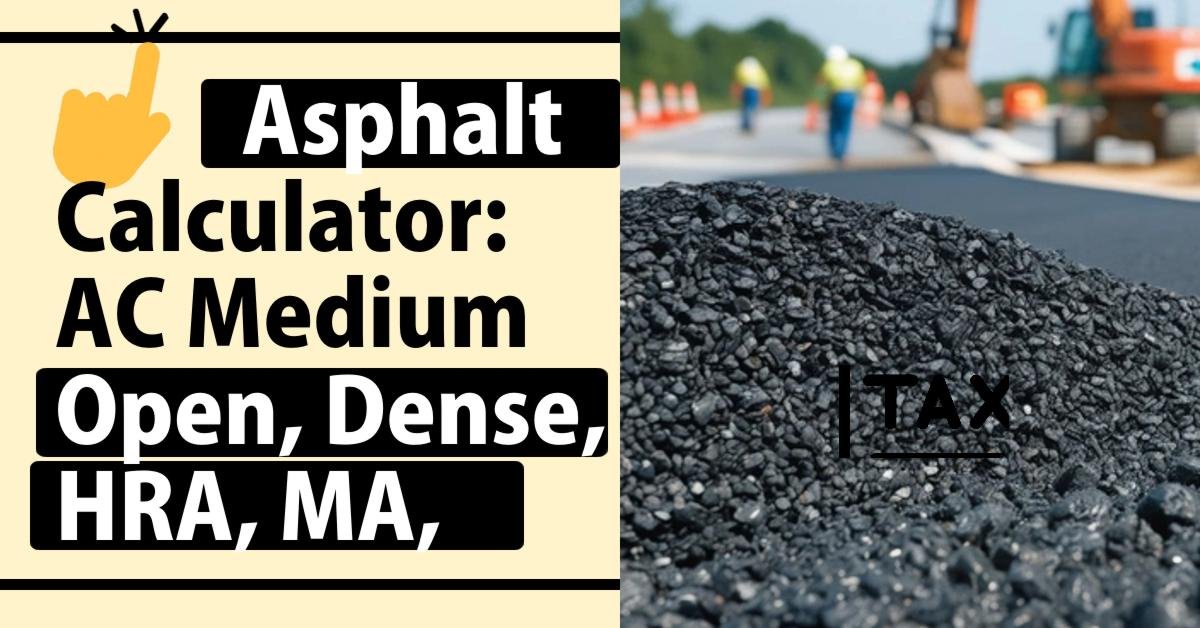[asp_tonnage_uk_calculator]
Asphalt tonnage calculation is a critical process in road construction and maintenance projects. It involves determining the precise amount of asphalt required for a specific area, ensuring efficient use of materials, and accurate cost estimation. The Asphalt Tonnage Calculator is a valuable tool designed to simplify this process for various asphalt types, including AC Medium Open, Dense, HRA, MA, and EME2 courses.
Understanding Different Asphalt Types
AC Medium and Open-Graded Courses
These courses are designed for surfaces and binders that require high permeability and skid resistance. They offer enhanced drainage capabilities and improved safety, making them ideal for areas prone to water accumulation.
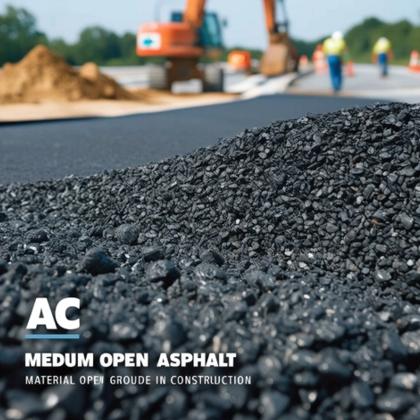
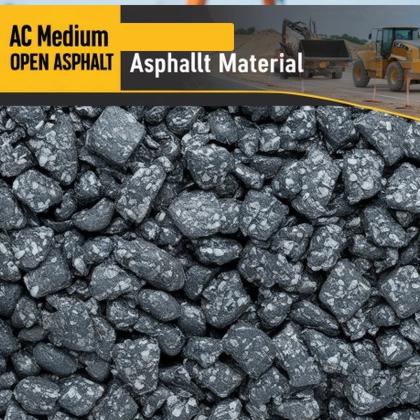
AC Dense Courses
AC Dense courses are used for creating strong, durable surfaces, bases, and binder layers. They provide high durability and excellent load-bearing capacity, making them suitable for a wide range of applications.
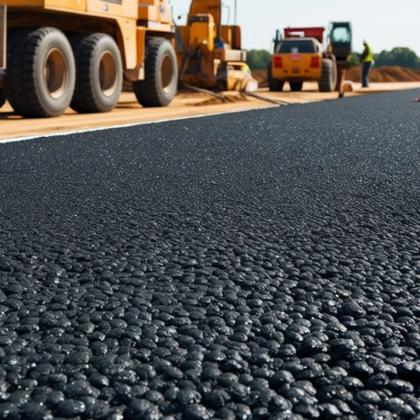
Hot Rolled Asphalt (HRA) Courses
HRA courses offer a smooth finish and robust structure for surfaces, bases, and binders. They are known for their long-lasting properties and ability to create smooth, even surfaces.
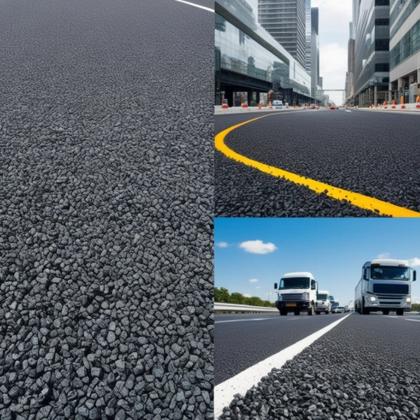
Mastic Asphalt (MA) Courses
MA courses are particularly suitable for areas requiring high waterproofing and flexibility. They excel in providing excellent waterproofing properties while maintaining flexibility, making them ideal for specific applications.
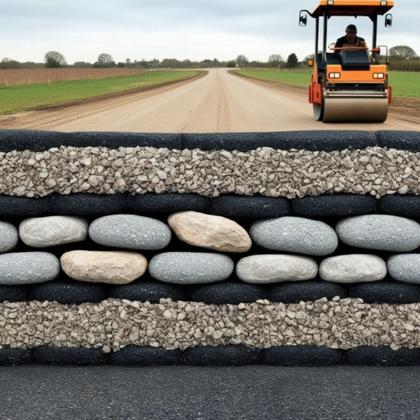
EME2 Binder Course
The EME2 binder course is a high-modulus asphalt specifically designed for use in binder courses. It performs exceptionally well under heavy traffic conditions, offering high modulus and superior deformation resistance.
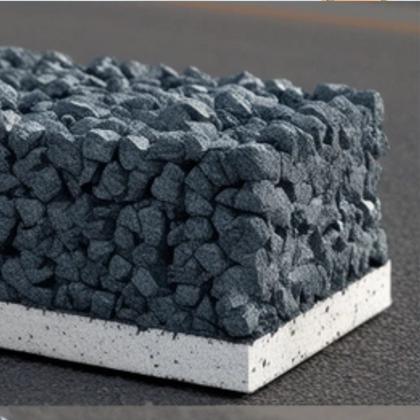
Components of Asphalt Tonnage Calculation
The key components considered in asphalt tonnage calculation include:
– Area dimensions (length, width, depth)
– Material density specific to each asphalt type
– Compaction factors relevant to the project requirements
Using the Asphalt Tonnage Calculator
To use the Asphalt Tonnage Calculator effectively:
1. Input the dimensions of the area (length, width, and depth).
2. Select the appropriate material type from AC Medium Open, Dense, HRA, MA, or EME2.
3. Click the calculate button to obtain the required tonnage.
This simple process ensures quick and accurate calculations, reducing the potential for human error in manual calculations.
Benefits of Accurate Tonnage Calculation
Utilizing an Asphalt Tonnage Calculator offers several advantages:
– Accuracy: It provides precise material estimates, especially crucial for large-scale projects.
– Efficiency: The calculator saves time and minimizes errors associated with manual calculations.
– Cost-effectiveness: Accurate estimates help in budgeting and reduce material wastage, leading to cost savings.
The Asphalt Tonnage Calculator is an invaluable tool for professionals working with various asphalt types, including AC Medium Open, Dense, HRA, MA, and EME2 courses. By providing quick and accurate calculations, it enhances project planning, improves material efficiency, and contributes to overall project success. As the construction industry continues to evolve, tools like this calculator play a crucial role in optimizing processes and ensuring high-quality outcomes in asphalt-related projects.
https://calculatorasphalt.com/asphalt-tonnage-to-square-yards-calculator-2/
